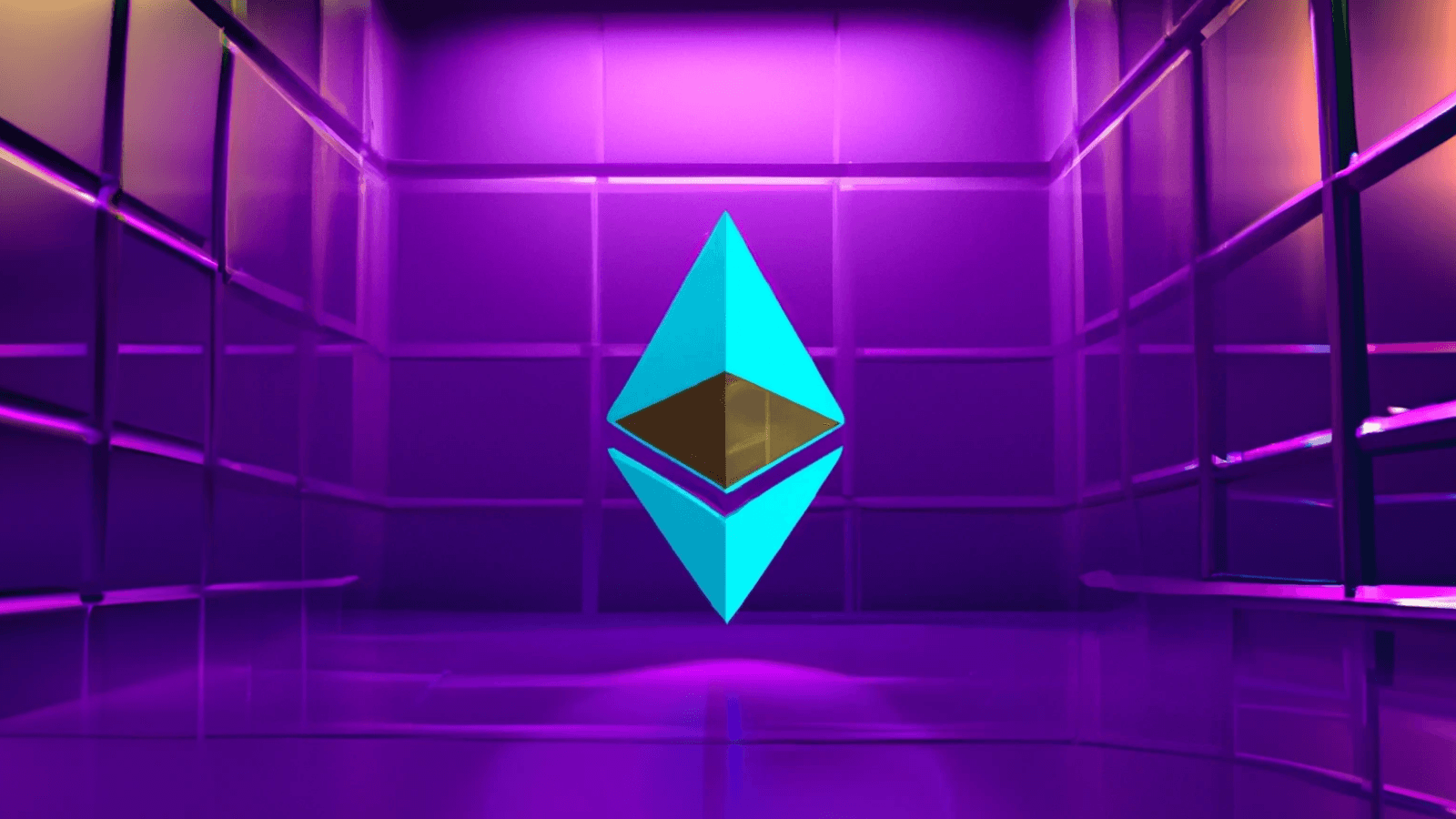Flashbots Has a New Plan: ‘Make TradFi Look Embarrassing’
The project, codenamed SUAVE, will be used to decentralize MEV in the long term

Source: DALL·E
- SUAVE has been in the works for over a year, according to Flashbots developers
- Further details about the project will be announced this week
Flashbots, a research and development organization with the goal to reduce the potential harms of Maximum Extractable Value (MEV), revealed a new project to address centralization and censorship concerns on MEV extraction for Ethereum and Ethereum virtual machine-compatible blockchains.
The project, code named SUAVE which stands for “Single Unifying Auctions for Value Expression,” will be an open-source MEV-aware, privacy-focused, encrypted mempool for users and wallets, Philip Daian, a Flashbots steward said at Devcon Bogotá.
“We’re going to provide optimal user execution that harnesses MEV,” Daian said. “So we’re going to use MEV as this decentralized engine in the long term, to make sure the users get really the best execution on their trades in a way that’s really going to make TradFi look embarrassing very shortly.”
What is the SUAVE vision for MEV?
MEV refers to the maximum amount of income that can be extracted from block production after validators include or reorder transactions on a block.
If the MEV available in a block exceeds standard block rewards, validators could then reorganize the blocks to capture the value of the income generated by MEV for themselves, making it a risk for exploitation and centralization.
Flashbots has been actively working on reducing these problems through MEV-Boost, software that enables builders to auction blocks to validators and prevent MEV centralization by allowing each party to earn a contribution for their efforts.
SUAVE’s goal is to decentralize and democratize MEV-Boost by making it open source and widely available, even to competitors and users.
The overarching goal is to avoid entrenching centralized forces, such as private or exclusive order flow into the way relays and block builders do business, Daian said, “because these will destroy the system that we love, as a whole.”
Risk of centralization and a decentralized solution
After the Tornado Cash sanctions, Flashbots, a US entity, began omitting transactions related to the cryptocurrency mixer to remain OFAC-compliant. That’s led to a new worry — censorship.
As one of the largest MEV-Boost relays, Flashbots has the power to delay the incorporation of sanctioned transactions into Ethereum blocks — or slots as they’re now known, following the proof-of-stake consensus switch.
Flashbot’s avowed obligation to follow regulatory requirements has caused concern among some in the Ethereum community. But the consensus among developers seems to be that the concerns are mostly overblown.
The Flashbots team is well aware of the potential pitfalls, and Daian said Flashbots “[does] not intend to impose our utility functions, or our legal risk analyses, on the Ethereum network, full stop.”
Indeed, the launch of SUAVE — a project that the Flashbots team has been working on for over a year — is expressly aimed at distributing the power of MEV, even if that means helping Flashbots’ competitors.
Further details about SUAVE are expected this week.
Macauley Peterson contributed reporting.
Get the news in your inbox. Explore Blockworks newsletters:
- The Breakdown: Decoding crypto and the markets. Daily.
- 0xResearch: Alpha in your inbox. Think like an analyst.






